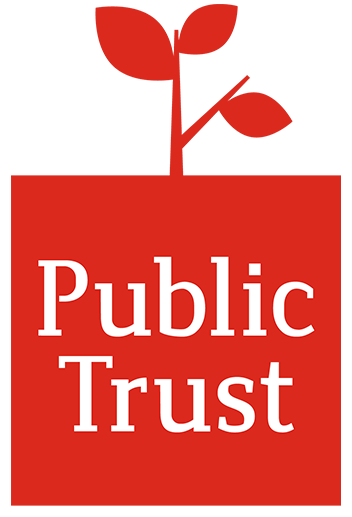Money Matters - Budgeting
Death is part of life – let’s talk about it
Recently a new survey carried out by Public Trust revealed the extent New Zealanders will go to actively avoid talking about death, and our preference to use humour and euphemisms like "kick the bucket" and "carked it" when describing death.
Close to 50% of New Zealanders have a will and Public Trust is encouraging more people to cross it off their to do list. “There are so many reasons why it’s important to have a will for you and your family. Once you’ve done it, you can get on with living.
So to support Public Trust's current campaign - Expect the Unexpected, and to raise awareness of how important it is to have these conversations and get a will we have published two new articles on the subject...
Death is part of life – let’s talk about it
Are you someone who is happy to talk about your funeral plans? Or someone who would rather talk about anything else under the sun?
Turns out if you avoid it, you’re not alone.
New research from Public Trust reveals the extent New Zealanders will go to actively avoid talking about death, and our preference to use humour and euphemisms like "kick the bucket" and "carked it" when describing death.
The research found 57% of New Zealanders were ‘uncomfortable, fearful, reluctant’ or ‘avoid discussing death altogether’ versus 24.9% who were ‘comfortable talking about death directly’ and 15.5% who felt it was ‘a natural part of life’.
The survey of 850 people also asked people to share their "go to" way of describing dying. ‘Kick the bucket’ came out on top with 41% of respondents preferring the term, followed by ‘Passed away,’ ‘Pushing up daisies’ and the ‘Bite the dust’.
Angela Jackson, Public Trust’s Head of Service Delivery – North Island, isn’t surprised to hear most people don’t like talking about death.
“So many people are reluctant to talk about, and plan for the inevitable. We see this every day at Public Trust in our work supporting people to get their wills completed.”
Jackson says people shouldn’t be afraid about talking about death, as you’re really focusing on what happens after you die – your legacy.
“Starting a conversation about what your favourite song is, or what your favourite flower is that you’d like at your funeral can be a great way to get started. Talking about your own wishes and what’s important to you can help encourage others to think about the same.”
Jackson and her team see the benefits daily of conversations with loved ones.
“Public Trust helps thousands of people every year write their wills. There is nothing worse than a family being surprised at what’s in a will. Your will is one of the greatest gifts you can give your family – it becomes your voice when you’re no longer there to speak.”
So, how do you start these types of conversations with your family? Here are some questions you could ask.
- Ease into the conversation with some less confronting questions like have you thought much about the future and do you have plans in place should anything happen to you?
- If anything were to happen to you, have you ever thought about what you’d like at your funeral? What songs are your favourite, or what type of flowers would you like to have?
- Do you have any treasured items you’d like to pass on to certain people when you die?
- What would you like to happen with your assets when you die?
- Are there any charities close to your heart that you’d like to include a gift in your will to?
Close to 50% of New Zealanders have a will and Public Trust is encouraging more people to cross it off their to-do list. “There are so many reasons why it’s important to have a will for you and your family. Once you’ve done it, you can get on with living,” says Jackson.
Until 8 December 2024, Public Trust is offering 20% off wills, enduring powers of attorney and statement of wishes. Plus automatically enter the draw to win one of 10 $1,000 vouchers.

Written by: Public Trust Team
Public Trust is New Zealand’s largest provider of wills and estate administration services. They’re run by Kiwis for Kiwis, and have been helping people like you build and protect their legacies since 1873.

Leave a comment